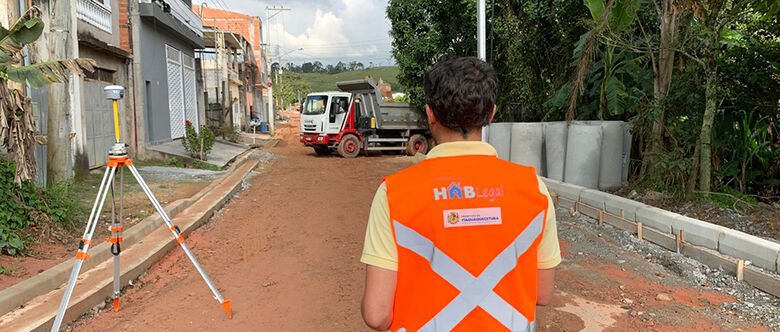
Urban Land Regularization Program in irregular areas in Santa Izabel do Pará (PA)
Urban development, tax increase, expansion in the implementation of public policies and increase in the quality of life of residents in these areas.

Dialogues with Brazil.
August 28 to September 1 2023, Berlin, Germany

Inclusive public transport and mobility
Urban development, tax increase, expansion in the implementation of public policies and increase in the quality of life of residents in these areas.
Santa Izabel do Pará is a Brazilian municipality in the state of Pará, located in the North Region of Brazil, belonging to the Metropolitan Region of Belém, 36 km from this capital. Its estimated population in 2017 was 68,836 inhabitants, according to IBGE estimates.
The present proposal aims to implement the Urban Land Regularization Program, a transformation process that aims to legitimize possession or property in irregularly occupied urban areas, promoting and ensuring the right to housing, as well as assisting in reducing inequality, defending the environment and the social function of property – a fundamental mechanism to minimize this social problem, which affects the lives of several families, who live in precarious and irregular housing.
Through correct planning and with constancy in the implementation of their actions become effective re-signifying the spaces as healthy environments, safe and attractive to human and economic development, providing the city and its inhabitants elevation in the levels of quality of life.
The main challenge is the continuity of this process over the legally pre-established temporal spaces related to public administration, financial expenditures for the sustainability and longevity of activities related to the process and its full urban territorial scope.

Urban development, tax increase, expansion in the implementation of public policies and increase in the quality of life of residents in these areas.
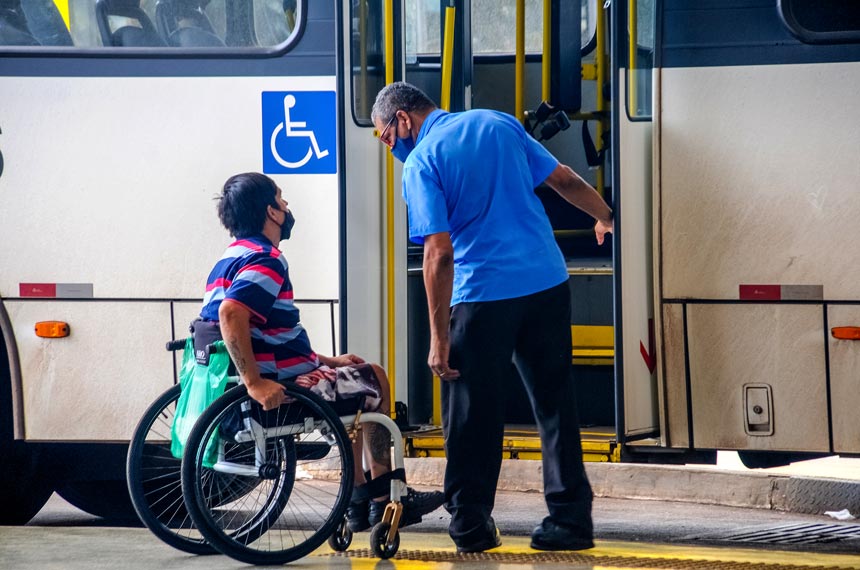
Improve the accessibility and sustainability of public transportation in Brasília (implementation of adequate infrastructure for people with reduced mobility, promotion of the use of electric or low carbon emission vehicles, and awareness about the benefits of public transportation and its importance for environmental sustainability).
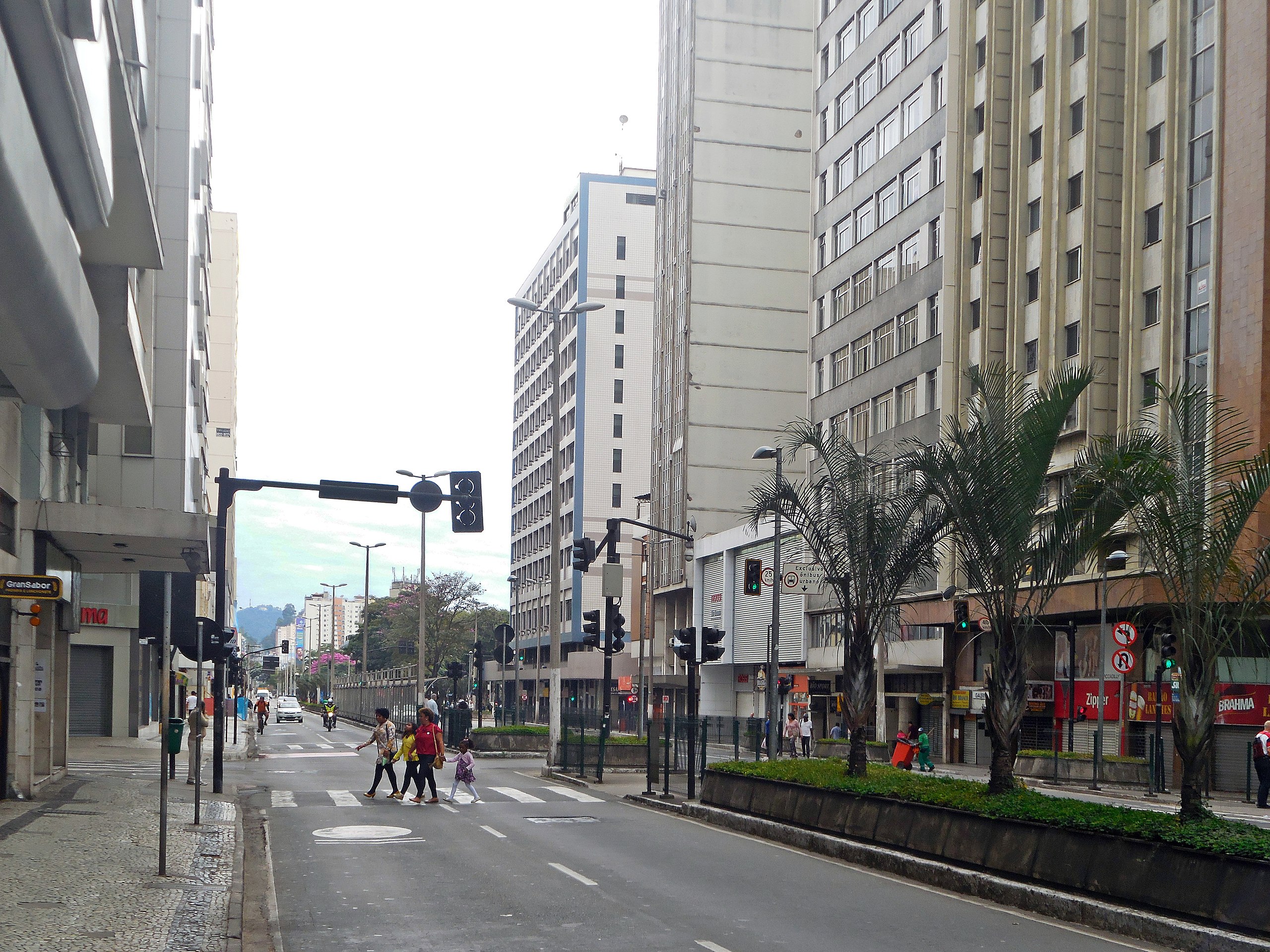
Public space and street physical access to vulnerable groups (children, pregnant women, older adults, peoplewith dissabilities, adults at risk, other)
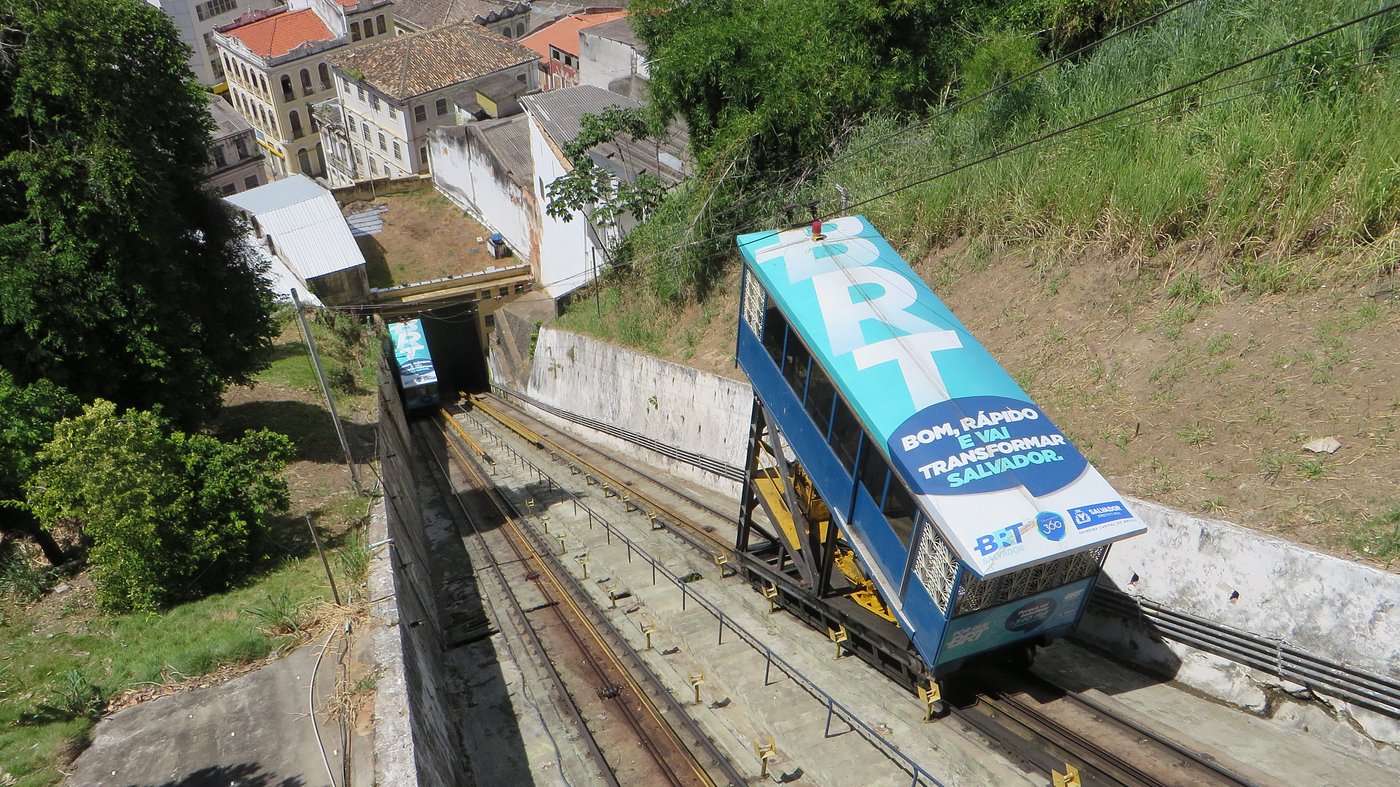
Social inclusion, improvement of quality of life, growth of income by acessing more jobs and connecting marginalized areas with formal city.
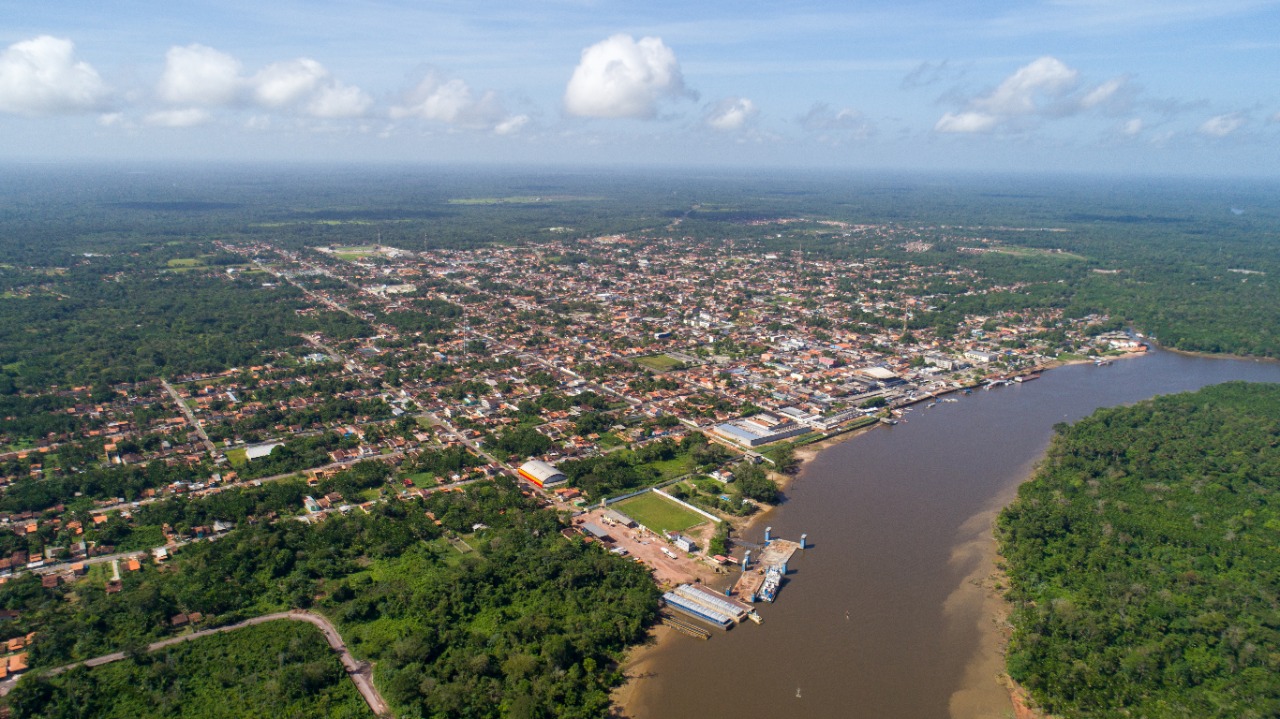
Impacts from climate change (flooding, heat stress, air and water quality, other)
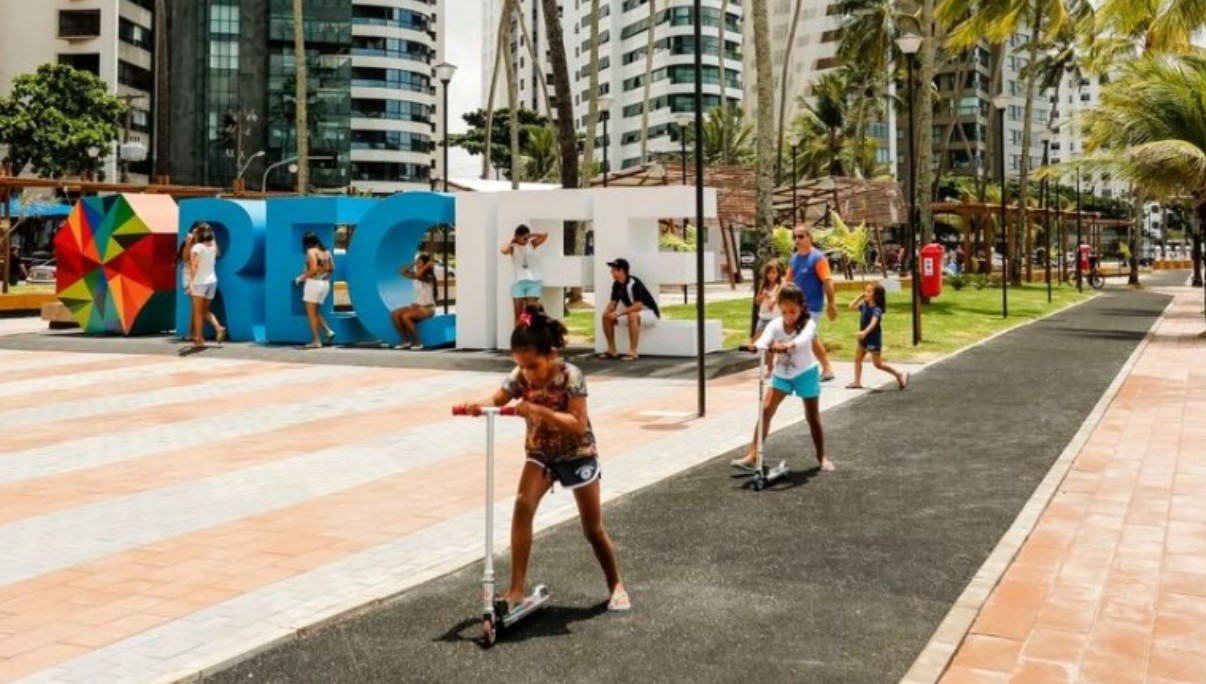
Multidisciplinary Urban Intervention, addressing all project tracks